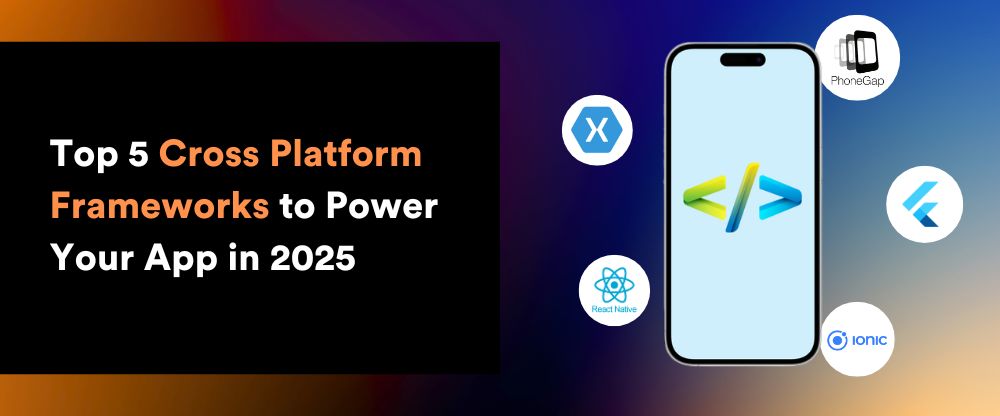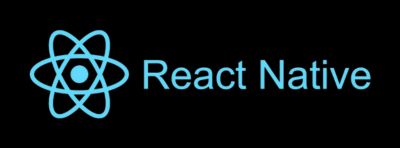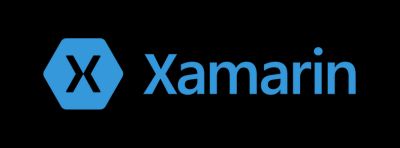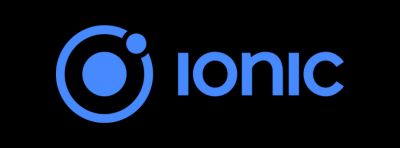
In Sydney, businesses are embracing cross-platform mobile app development like never before. Why? Because it’s a game-changer—allowing companies to build apps that run seamlessly on both iOS and Android with just one codebase. In fact, a recent study shows that 76% of developers prefer using cross-platform tools for faster time-to-market and reduced costs.
Whether you’re eyeing iOS app development in Sydney or looking for mobile app development services that can get your product to users quickly and affordably, cross-platform frameworks are the key to staying ahead in today’s competitive mobile landscape. Let’s take a closer look at the top 5 frameworks leading the way in 2025, and how they’re changing the game for businesses across Australia.
Top 5 Cross-Platform Development Frameworks to Know in 2025
Flutter

What’s Flutter all about?
Flutter is Google’s open-source framework that allows you to create native-like mobile apps using a single codebase. It is particularly known for its outstanding performance and stunning, customizable user interfaces.
Why should you care?
- Super-fast development with its hot reload feature, allowing developers to see changes instantly.
- Customizable UI with a rich library of widgets for interactive and visually appealing designs.
- Compiled to native code, providing seamless, lag-free performance.
The Pros of Flutter
- High performance with near-native app experiences.
- Extensive widget library for creating rich, interactive user interfaces.
- Faster development cycles due to real-time updates with hot reload.
- Single codebase for both iOS and Android platforms.
The Cons of Flutter
- Larger app size compared to native or some other frameworks.
- Smaller ecosystem with fewer third-party plugins compared to React Native.
- Some platform-specific features may require additional native code.
Who should use Flutter?
If you’re looking for a visually striking, high-performance app that can be developed quickly, Flutter is an excellent choice. It’s ideal for startups aiming for rapid growth or companies looking to create media-heavy apps with rich graphics and animations.
React Native

What’s React Native all about?
React Native, developed by Facebook, is a JavaScript framework that enables you to build mobile apps using the same codebase for both iOS and Android. It’s known for its scalability and ability to deliver native-like performance while allowing for rapid development.
Why should you care?
- Reusable code for both iOS and Android, reducing development time and costs.
- Access to a large developer community and extensive third-party libraries.
- Native-like performance with direct access to platform-specific APIs.
The Pros of React Native
- Code reuse for both iOS and Android apps, saving time and resources.
- Large, active community providing plenty of resources, tools, and libraries.
- Native-like performance with the ability to integrate native modules for complex features.
- Scalability for handling larger apps and complex requirements.
The Cons of React Native
- Some performance limitations for highly complex UIs or animations.
- Reliance on third-party libraries, which can lead to compatibility issues.
- Native modules may require developers to write platform-specific code for certain features.
Who should use React Native?
React Native is perfect for businesses building scalable apps such as social media platforms, eCommerce stores, or any app that requires rapid iteration and frequent updates.
Xamarin

What’s Xamarin all about?
Xamarin, backed by Microsoft, allows you to create cross-platform apps using C# and .NET. It enables developers to write native apps for iOS, Android, and Windows, all from a shared codebase.
Why should you care?
- Native performance thanks to its ability to compile to platform-specific code.
- Seamless integration with the Microsoft ecosystem, making it ideal for businesses already using .NET.
- Strong support for enterprise-level app development with robust security features.
The Pros of Xamarin
- Native performance with access to platform-specific APIs for better flexibility.
- Full integration with Microsoft tools like Visual Studio, Azure, and .NET libraries.
- Excellent for enterprise applications requiring high scalability and security.
- Single codebase for multiple platforms, including iOS, Android, and Windows.
The Cons of Xamarin
- Larger app size compared to native apps.
- Smaller community compared to React Native and Flutter, which may limit resources.
- Some platform-specific code may still be necessary for more complex features.
Who should use Xamarin?
Xamarin is best suited for enterprise-level apps that require scalability, security, and integration with the Microsoft ecosystem. It’s ideal for businesses that already rely on Microsoft technologies.
Ionic

What’s Ionic all about?
Ionic is a framework that allows you to build mobile apps using web technologies like HTML, CSS, and JavaScript. It’s perfect for businesses looking to create cross-platform apps with a web-first approach.
Why should you care?
- Build apps using standard web technologies, making it ideal for web developers.
- Supports Progressive Web Apps (PWAs), which work across all platforms, including web browsers.
- Access to a vast library of plugins for native device features like GPS, camera, and storage.
The Pros of Ionic
- Easy for web developers to transition into mobile app development with familiar tools.
- Fast development and deployment of Progressive Web Apps (PWAs).
- Large library of plugins to access native device features without writing native code.
- Supports multiple platforms (iOS, Android, web) with a single codebase.
The Cons of Ionic
- Limited native performance compared to Flutter or React Native.
- Might not be the best choice for apps with complex, high-performance requirements.
- Some platform-specific customizations may require additional native code.
Who should use Ionic?
If you’re a web developer or building a web-first app with the potential for PWAs, Ionic is a great option. It’s perfect for businesses looking to quickly build cross-platform apps and expand into mobile.
PhoneGap

What’s PhoneGap all about?
PhoneGap, powered by Apache Cordova, is an open-source framework that allows you to create mobile apps using HTML, CSS, and JavaScript. It’s perfect for businesses that want a lightweight solution for simple mobile apps.
Why should you care?
- Build apps using HTML, CSS, and JavaScript, making it super easy for web developers to get started.
- Open-source and free to use, with no licensing costs.
- Great for simple apps that don’t require complex features or performance.
The Pros of PhoneGap
- Open-source and free to use, with a large collection of plugins and community support.
- Ideal for simple apps that don’t require complex or native functionality.
- Easy for web developers to pick up without a steep learning curve.
- Cross-platform compatibility for both iOS and Android with a single codebase.
The Cons of PhoneGap
- Limited performance for complex or resource-heavy apps.
- Smaller community and fewer resources compared to other frameworks like React Native and Flutter.
- Limited native feature access, which may require additional workarounds or plugins.
Who should use PhoneGap?
PhoneGap is best for startups and small businesses looking to build simple apps quickly and affordably. It’s perfect if you need to get an app up and running without the need for advanced native features or performance.
To Wrap Up
So, there you have it—the top cross-platform mobile app development frameworks that are shaping the future of app building in 2025. Whether you’re diving into iOS app development in Sydney or aiming to hit both Android and iOS, picking the right framework is key to delivering an app that not only works well but also performs like a dream. Each framework offers something a little different, so it’s all about finding the best fit for what you want to achieve.
At VT Digital, we’re all about helping businesses like yours build apps that not only meet expectations but exceed them. If you’re looking to bring your app idea to life with top-notch mobile app development services, we’ve got your back. Let’s have a chat today, and together we can create an app that truly stands out in the Aussie market.


